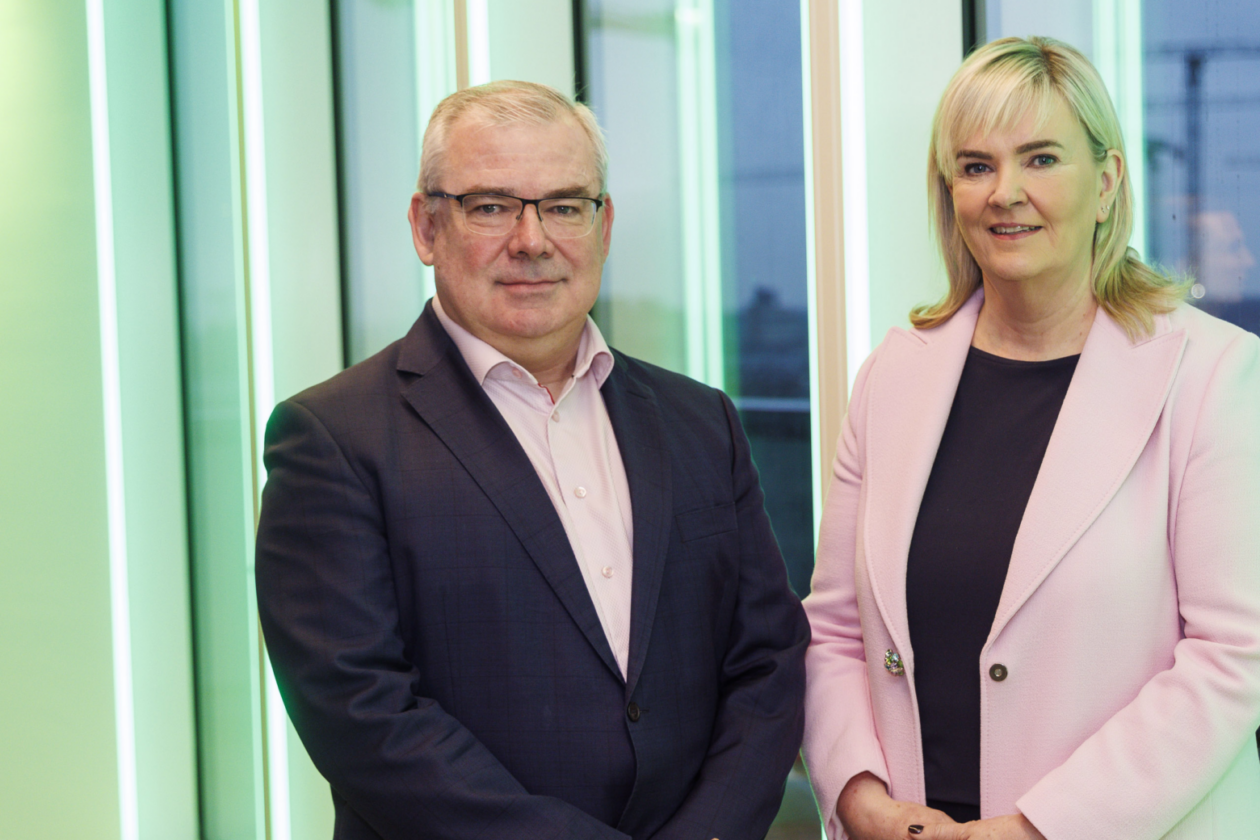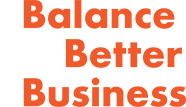

12 March 25
Continued consolidation in female representation on boards of Ireland’s largest listed companies, according to latest data from Balance for Better Business
- Proportion of women on boards of ISEQ20 companies stabilises at key 40% threshold
- More than half (53%) of Senior Independent Director roles on ISEQ20 companies held by women
- Ireland ranks 6th among EU27 member states in female board representation, rising 10 places since 2018
- Proportion of women on leadership teams of all listed companies falls slightly to 23%
Dublin, 12th March 2025 – The latest data from the Balance for Better Business (B4BB) Review Group, reveals a continued trend of consolidation in the representation of women on the boards of Ireland’s largest listed companies.
Released to coincide with International Women’s Day, the figures from the Government established initiative show that the proportion of women on the boards of Irish companies has remained steady at 40%, continuing a trend of sustained progress at board level recently highlighted in the initiative’s annual report.
The stability around the 40% threshold is welcomed in meeting the EU’s Gender Balance on Corporate Boards Directive, with the new rules requiring 40% of non-executive directors to be women by June 2026. The latest data, which analyses the composition of board and leadership teams across publicly listed companies in Ireland in March 2025, shows a significant 22 percentage points increase in female representation at board level since the B4BB initiative was founded in 2018.
While the initiative continues to track data on ISEQ20 companies, it is acknowledged that the declining size of this index represents a small proportion of Irish business – approximately 120,000 of the 2.7 million currently in the Irish labour market. As we move forward, B4BB will put an increased emphasis on progress in privately held companies as they represent a larger proportion of the economy overall and a greater number of employees.
The data reveals 37% average female representation across All Listed companies, a positive sign that public companies remain on track to exceed EU requirements of 33% of all board members by 2026. Nearly half (45%) of non-executive directors on the boards of all listed companies are women, also surpassing the requirements set out by the Directive.
While there has been positive progress at board level, more work is needed at senior leadership level. The proportion of women on the leadership teams across both the ISEQ20 and All Listed Companies cohorts has fallen slightly from 24% to 23%. Nearly 1 in 4 (23%) leadership teams across All Listed companies are all male.
The number of women in key decision-making roles remains a key focus area. However, it is important to acknowledge that the small and shrinking sample size of ISEQ listed companies means that changes in its composition are resulting in a disproportionate impact on these leadership figures.
There are no female CEOs across ISEQ20 companies and one female CEO across the Other Listed companies cohort. More positively, the number of female CFOs (4) across the ISEQ listed companies has remained steady. More than half (53%) of Senior Independent Director roles in ISEQ20 companies are held by women, rising by 5% since 2024. There are two female chairs on the boards of Ireland’s largest listed companies, unchanged from last year.
When benchmarking against other economies in the EU, the data shows that Ireland continues to perform well relative to its international peers. As of H2 2024, Ireland ranked 6th among EU27 member states in board representation and 5th for leadership representation. This marks a significant improvement since 2018 where Ireland ranked 16th for female board representation across the EU27.
Commenting on the findings, Minister for Enterprise, Tourism and Employment Peter Burke TD, said, “On International Women’s Day, we celebrate the ongoing progress made by Irish firms in achieving more inclusive and gender balanced business leadership. I welcome the latest data from Balance for Better Business which shows that Ireland’s largest publicly listed companies continue to sustain and maintain balance on boards, with the proportion of women on the boards of ISEQ20 companies at the key threshold of 40% for the second successive year. Reaching this threshold can help companies to realise the benefits of gender balanced leadership, from improved decision making to increased innovation.
While much has been achieved, more work remains ahead. Women are still underrepresented on leaderships teams and in key decision-making roles such as Chair and CEO. It’s crucial that all organisations put in place the policies and processes to address these focus areas and accelerate the pace of progress. By working together across Government and industry to embrace change, we can create a more inclusive system of business leadership that reflects Irish society.”
Balance for Better Business co-chair Carol Andrews said, “It’s clear from our latest data that Irish businesses continue to advance on their gender balance journey. Since the Balance for Better Business initiative was established in 2018, there has been a significant 22 percentage point increase in female representation on the boards of Ireland’s largest publicly listed companies.
While this progress is to be commended, it is vital that more organisations, across every sector of the economy, intensify their efforts to unlock the benefits of a gender balanced workforce. That’s why we’re calling on all organisations, private, public and semi-state to aim for a 40% plus target across both board and leadership teams as they strive for change.”
Balance for Better Business co-chair Bernard Byrne added, “Gender balance is an important component to building a successful business. From addressing talent needs to better understanding customer needs and fostering diverse innovation, more balanced businesses–from the top down–are better equipped with the capabilities and experience to drive growth and competitiveness into the future.
While our latest data shows continued progress in achieving balance at board level among Ireland’s largest listed companies, more work remains at leadership level. I’d encourage all organisations to engage with our roadmap, which can equip firms with the key tools and support to have a clear plan to accelerate change on their journey.”
For more, visit: https://www.betterbalance.ie/
ENDS/
For media queries contact:
Suzanne Sullivan, Q4 PR: [email protected] / 086 379 7291
Conor Shearman, Q4 PR: [email protected] / 086 059 6082
Notes to Editor
Balance for Better Business (B4BB)
Balance for Better Business (B4BB) is an independent business-led Review Group established by the government in July 2018 to improve and promote gender balance at board and leadership level of Irish business, which in turn will drive better business and societal outcomes.
Research Sample
The dataset for the B4BB IWD announcement includes 30 public companies listed in Ireland in March 2025. Due to changes in the composition of listed companies in Ireland, the data may not be directly comparable to the B4BB Seventh Annual Report which gathers data through the CSO Gender Balance in Business survey bi-annually and was compiled in September 2024.
Biographies
Carol Andrews is the current Managing Director and Global Head of Client Service Delivery, BNY Mellon and has been a member of the B4BB Review Group since the Government initiative was established in 2018. Carol is a graduate of the Women’s Leadership Forum, a Harvard Business School leadership development programme.
Bernard Byrne is a former CEO of AIB Group plc and former CEO of J+E Davy. During his tenure at Davy he played a key role in the launch of the firm’s ESG advisory arm, the sale of the organisation, and its subsequent integration into the Bank of Ireland Group. He has been a long serving supporter and a Co-Chair of the Financial services arm of the 30% Club.

